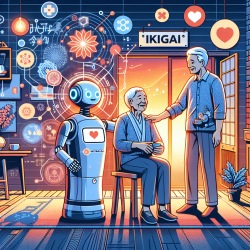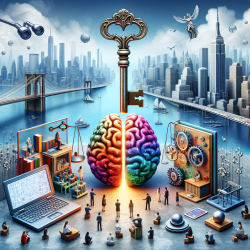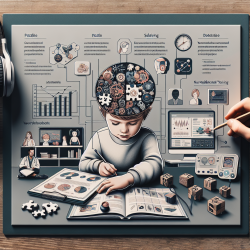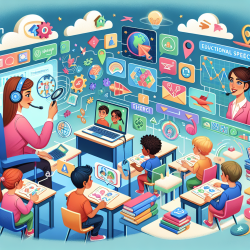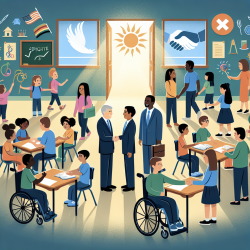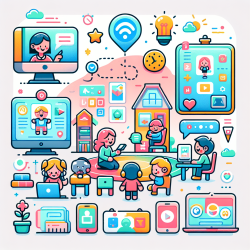Introduction
In the quest to improve the quality of life for older adults, the concept of "ikigai"—a Japanese term for a sense of meaning and purpose in life—has gained considerable attention. A recent study titled Making Meaning Together: Co-designing a Social Robot for Older Adults with Ikigai Experts explores how social robots can be co-designed to support this profound sense of purpose among older adults. This blog will delve into the findings of this research and offer insights on how practitioners can apply these outcomes to enhance their therapeutic practices.
The Essence of Ikigai
Ikigai, a term deeply rooted in Japanese culture, translates to "that which makes one's life worth living." It encompasses various dimensions of life, including personal growth, social connections, and community involvement. The study highlights that ikigai is individualistic, with each person deriving it from different sources such as hobbies, social interactions, or contributing to society.
Research Insights: Co-designing Social Robots
The research involved in-depth interviews and co-design workshops with ikigai experts—individuals who study or support older adults in finding their ikigai. The findings reveal that social robots can play a significant role in enhancing older adults' ikigai by serving as information providers and social enablers. The experts emphasized the importance of designing robots that respect older adults' independence, privacy, and social connections.
Practical Applications for Practitioners
Practitioners working with older adults can leverage these insights to enhance their therapeutic interventions. Here are some practical applications:
- Personalization: Customize social robots to cater to the unique ikigai of each individual. This could involve tailoring the robot's activities, voice, and interactions to align with the older adult's interests and preferences.
- Social Connectivity: Use robots to facilitate social interactions, helping older adults connect with family, friends, and community activities. This can mitigate feelings of loneliness and enhance their sense of belonging.
- Empowerment: Encourage older adults to engage with robots as companions in their daily routines, promoting self-sufficiency and reducing reliance on human caregivers.
Encouraging Further Research
While the study provides valuable insights, it also opens avenues for further research. Practitioners are encouraged to explore additional ways in which social robots can be integrated into therapeutic settings to support ikigai. Investigating the long-term effects of robot-assisted interventions on older adults' well-being could provide deeper understanding and refinement of these technologies.
Conclusion
The integration of social robots into the lives of older adults holds great promise for enhancing their ikigai. By focusing on personalized, socially connective, and empowering interventions, practitioners can significantly improve the quality of life for older adults. To read the original research paper, please follow this link: Making Meaning Together: Co-designing a Social Robot for Older Adults with Ikigai Experts.
